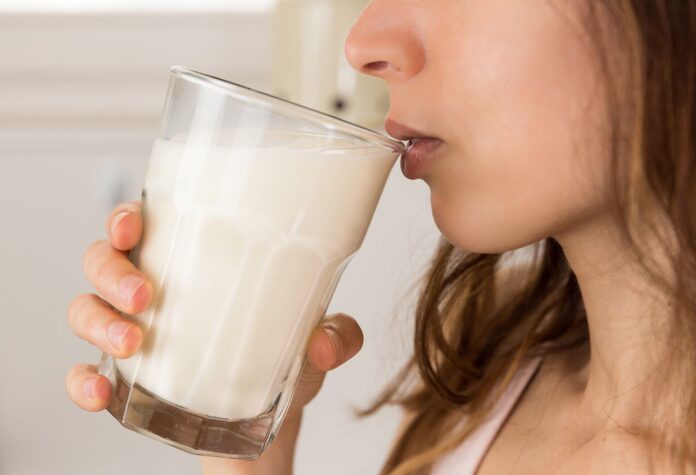Milk is often touted as a healthy beverage due to its rich content of essential nutrients like calcium, vitamin D, and protein. However, excessive consumption can have adverse effects. Understanding the optimal daily intake is crucial for maximizing benefits and minimizing potential harms.
Recommended Daily Intake
Most dietary guidelines recommend:
- Children (2-8 years): 2 cups (480 ml) per day
- Adolescents (9-18 years): 3 cups (720 ml) per day
- Adults: 3 cups (720 ml) per day
Potential Benefits of Milk
- Bone Health: High in calcium and vitamin D, which are essential for strong bones and teeth.
- Muscle Growth: Provides protein necessary for muscle repair and growth.
- Hydration: Consists mainly of water, helping with hydration.
Potential Harms of Excessive Milk Consumption
- Lactose Intolerance: Many people have difficulty digesting lactose, leading to symptoms like bloating, gas, and diarrhea.
- Saturated Fat: Whole milk contains saturated fat, which can raise cholesterol levels and increase the risk of heart disease.
- Caloric Intake: High caloric content can contribute to weight gain if consumed in excess.
- Bone Health: Paradoxically, very high milk intake has been linked to increased risk of fractures in some studies, possibly due to high calcium interfering with magnesium and vitamin K absorption.
- Cancer Risk: Some studies suggest a potential link between high dairy consumption and increased risk of certain cancers, such as prostate cancer, though findings are inconclusive.
Moderation is Key
Moderation is crucial when consuming milk. Here are some tips for incorporating it healthily into your diet:
- Choose Low-Fat or Skim Milk: These options reduce saturated fat intake.
- Balance with Other Calcium Sources: Include other calcium-rich foods like leafy greens, almonds, and fortified plant-based milks.
- Be Mindful of Portions: Stick to the recommended daily intake to avoid potential negative effects.
Conclusion
While milk can be a beneficial part of a balanced diet, excessive consumption can lead to various health issues. Aim to consume milk in moderation, following the recommended guidelines, and consider diversifying your sources of essential nutrients. If you experience any adverse symptoms related to milk consumption, consider consulting a healthcare professional for personalized advice.



